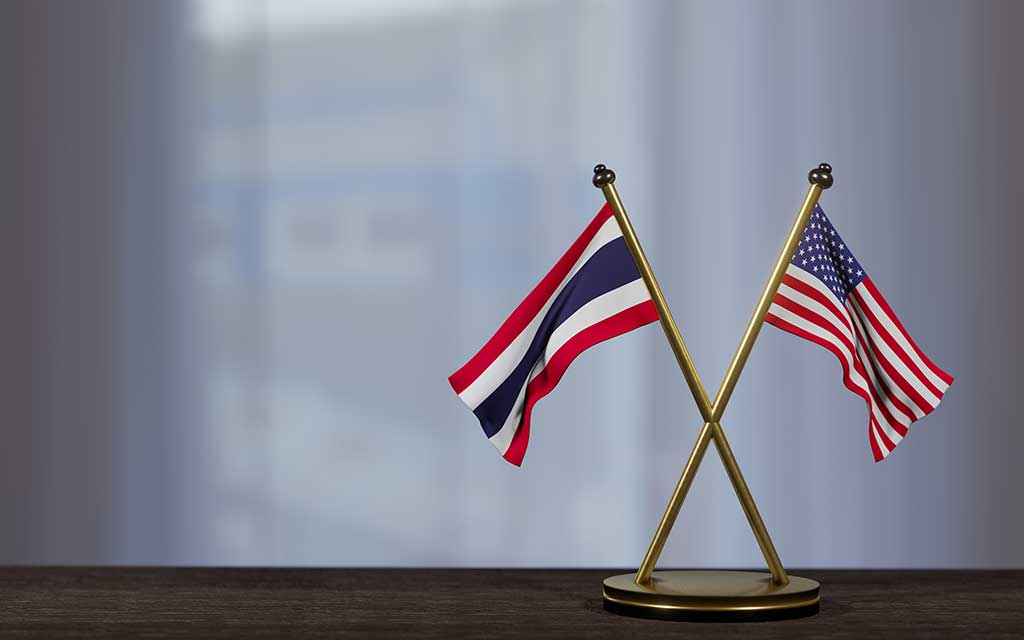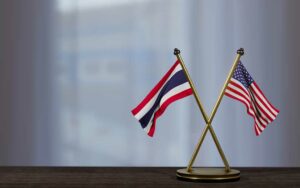US-Thailand Treaty of Amity. The Treaty of Amity and Economic Relations between the United States and Thailand, often shortened to the US-Thailand Treaty of Amity, has been a cornerstone of economic cooperation between the two nations since 1966. This agreement offers significant advantages for American businesses looking to invest and operate in Thailand.
Key Benefits of the Treaty
- Majority Ownership: Unlike most foreign businesses in Thailand, those established under the Treaty of Amity can be majority-owned or even wholly owned by US citizens. This provides greater control and flexibility for American companies.
- National Treatment: Treaty-protected businesses are afforded “national treatment,” meaning they operate under the same regulations and restrictions as Thai businesses. This exemption from certain foreign investment limitations found in Thailand’s Foreign Business Act is a major benefit.
- Dispute Resolution: The Treaty establishes a framework for resolving disputes between American businesses and the Thai government through arbitration. This offers a more neutral approach compared to the Thai legal system.
Setting Up a Treaty Amity Company
To qualify for the Treaty’s benefits, a company must meet certain criteria:
- US Ownership: At least 50% of the directors must be American citizens, and a minimum of 51% of the shares must be held by US citizens or US-incorporated businesses.
- Business Scope: The Treaty excludes certain sectors like communications, transportation, and land ownership from majority foreign ownership.
Considerations and Potential Drawbacks
- Complexity: Establishing a Treaty Amity company involves legal and administrative procedures. Consulting with a lawyer experienced in Thai business law is recommended.
- Restricted Sectors: While the Treaty offers advantages, some lucrative sectors remain restricted for foreign investment. Understanding these limitations is crucial.
- Possible Renewal Challenges: The Treaty is subject to renewal every ten years, and future negotiations might alter its terms.
Conclusion
The US-Thailand Treaty of Amity remains a valuable tool for American businesses seeking opportunities in Thailand. By understanding its benefits, limitations, and the process involved, US companies can leverage this treaty to establish a strong foothold in the Thai market.



